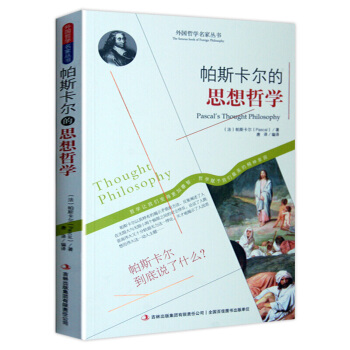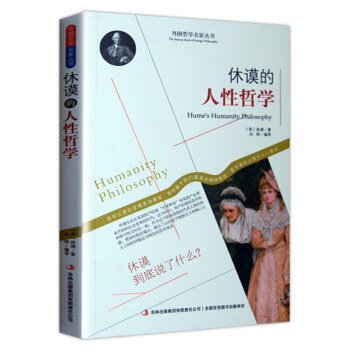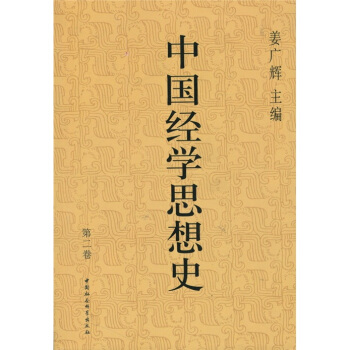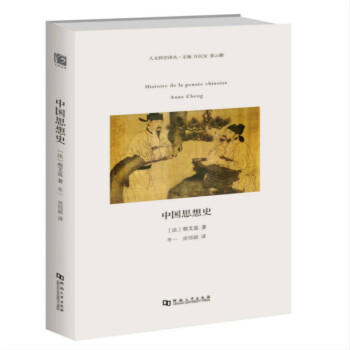具體描述
Pascal’s Philosophical Pursuits: A Glimpse Beyond the Surface This collection delves into the profound intellectual landscape of Blaise Pascal, a towering figure whose multifaceted genius continues to illuminate the human condition centuries after his passing. While Pascal is perhaps most widely recognized for his groundbreaking work in mathematics and physics, it is his philosophical inquiries that offer a uniquely compelling lens through which to examine the perennial questions of existence, faith, and the human mind. This exploration eschews a mere recitation of his famous aphorisms and instead seeks to unravel the intricate threads of his thought, revealing the underlying architecture of his arguments and the driving forces behind his intellectual odyssey. Pascal’s philosophical journey was not a detached academic pursuit; it was deeply intertwined with his lived experience and his profound wrestling with the divine. Born in 1623, his early life was marked by an extraordinary precocity in scientific endeavors. He developed a calculating machine at the age of nineteen and made significant contributions to the understanding of fluid mechanics and probability. Yet, a spiritual awakening in his mid-thirties marked a decisive turn, leading him to dedicate his later years to the defense of Christianity, particularly the complex theological doctrines championed by Jansenism. This duality – the rigorous empiricist and the fervent believer – is not a contradiction but rather the very crucible from which his philosophical insights were forged. He sought to reconcile the rational intellect with the demands of faith, arguing that reason alone, while powerful, was ultimately insufficient to grasp the deepest truths about God and humanity. One of the central pillars of Pascalian philosophy is his nuanced understanding of human nature. He famously described humans as "thinking reeds" – fragile, insignificant creatures in the vastness of the cosmos, yet endowed with the remarkable capacity for thought. This duality of grandeur and misery, of immense potential and inherent limitation, forms the bedrock of his anthropological investigations. He observed the human tendency towards self-deception, our flight from uncomfortable truths, and our reliance on diversions to escape the existential dread that arises from contemplating our finitude and the infinite indifference of the universe. This "diversion" – the ceaseless engagement in social activities, intellectual pursuits, or even mundane routines – serves to shield us from the abyss, a necessary but ultimately inadequate coping mechanism. Pascal’s critique of human reason is often misunderstood as an outright rejection of its value. Instead, he argued for its limitations, particularly when confronting matters of faith and the ultimate nature of reality. He distinguished between different orders of knowledge, with the "heart" – encompassing intuition, emotion, and faith – possessing a unique capacity to apprehend truths that elude purely rational deduction. The famous wager, perhaps his most widely cited philosophical argument, exemplifies this: in the absence of definitive proof, it is more rational to believe in God than not. The potential gains of belief (eternal salvation) far outweigh the potential losses of disbelief (a finite life without eternal reward). This is not a leap of blind faith, but rather a reasoned calculation based on the stakes involved in the ultimate gamble of existence. The concept of "le cœur" (the heart) is pivotal. It is not merely sentimentality, but rather a faculty that grasps fundamental truths through intuition and feeling, truths that cannot be demonstrably proven through logical syllogisms. Pascal saw the heart as the seat of our deepest convictions, the source of our moral compass, and the gateway to understanding divine revelation. He believed that reason could prepare the ground for faith, by demonstrating the inadequacy of purely material explanations and the profound mysteries that lie beyond empirical observation, but it could not, on its own, deliver us to salvation. Furthermore, Pascal’s engagement with the problem of suffering and the human condition is particularly poignant. He did not shy away from the harsh realities of life, the prevalence of pain, injustice, and death. However, rather than succumbing to nihilism, he posited that the awareness of our fallen state, our inherent imperfection, is itself a testament to a lost perfection, a sign of a divine origin. The very consciousness of our misery points to a potential for happiness that has been disrupted. This notion of a "fallen state" is deeply rooted in his Christian theology but finds expression in philosophical terms as a profound recognition of human inadequacy and a yearning for something transcendent. His approach to human communication and persuasion is also remarkably sophisticated. Pascal recognized the limitations of abstract reasoning when dealing with deeply held beliefs. He understood that true persuasion often requires understanding the audience's frame of reference, their prejudices, and their emotional landscape. His Pensées (Thoughts), a collection of his unfinished notes and reflections, is a testament to this, employing a variety of rhetorical strategies, from sharp wit and poignant observations to reasoned arguments and appeals to the heart. He aimed not to bludgeon his readers into submission but to invite them into a process of self-reflection, urging them to confront their own doubts and to consider the possibility of a spiritual dimension to existence. The paradoxes inherent in human experience were a constant source of fascination for Pascal. He grappled with the tension between free will and divine Providence, the individual’s search for meaning in a seemingly meaningless universe, and the struggle between our baser instincts and our nobler aspirations. He viewed these paradoxes not as insurmountable logical knots but as essential features of the human condition, challenges that spur us towards deeper inquiry and a more profound understanding of ourselves and our place in the cosmos. Ultimately, Pascal’s philosophical legacy lies in his unflinching honesty about the human predicament and his bold assertion of the possibility of transcendence. He challenged his contemporaries, and continues to challenge us, to look beyond the superficial comforts of everyday life and to confront the fundamental questions of our existence. His work is a testament to the enduring power of human curiosity, the limitations and possibilities of reason, and the profound significance of faith in navigating the complexities of the human soul. This collection seeks to illuminate the pathways of his thought, inviting readers to engage with the timeless questions that occupied his brilliant mind, and to discover the profound insights that continue to resonate with the deepest currents of our own humanity.






















